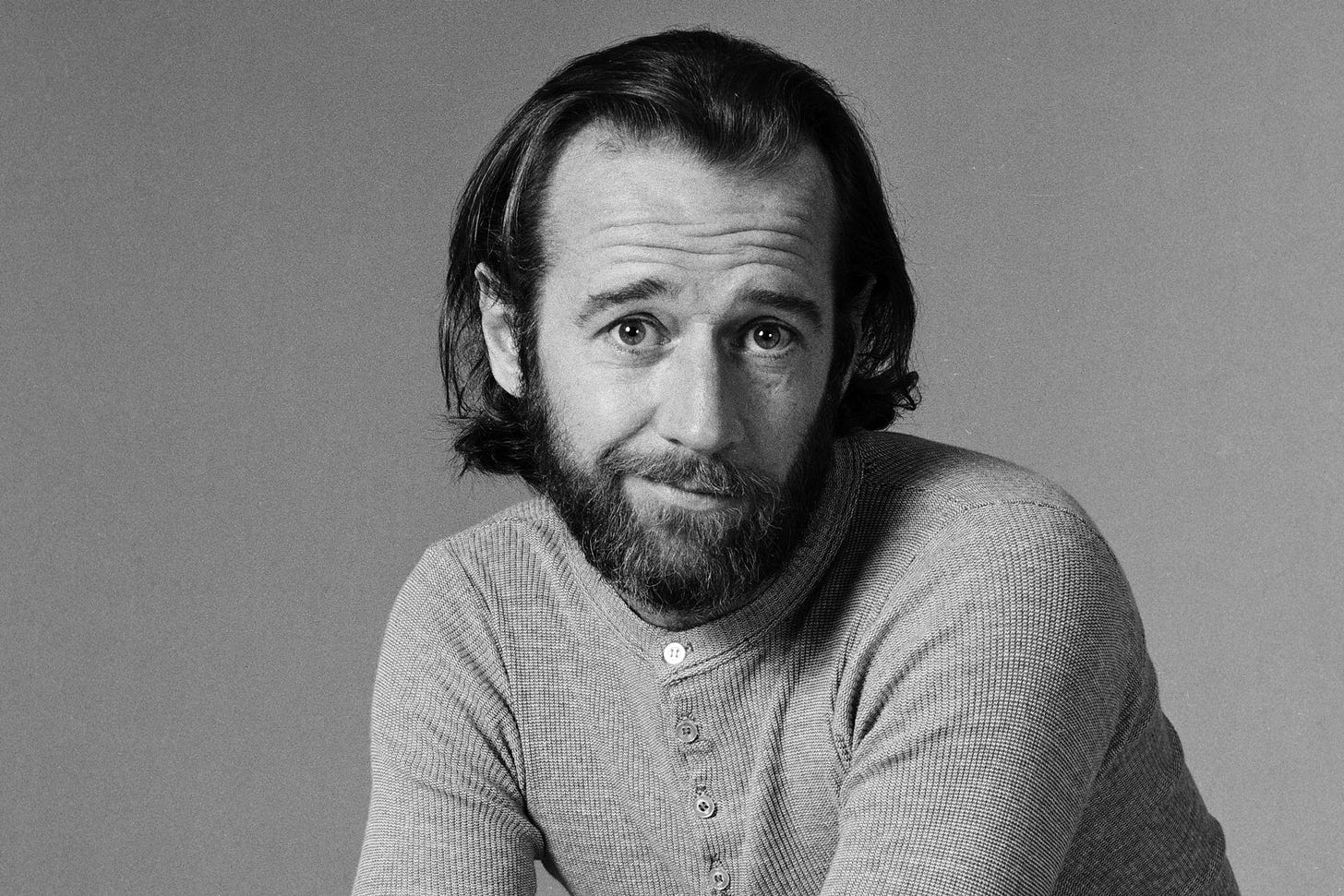How comedians enable truth
And their effective genius
The genius of the comedian is often laughed at.
On the surface, a comedian’s job is simple: to make you laugh. He offers observations, quips, and pointed truths that stir up laughter — sometimes nervously, sometimes uncontrollably. But beneath the punchlines lies something sharper. The comedian says what many think but fear to voice. He frames uncomfortable truths in humor, making them palatable.
This is the comedian’s gift: to take something controversial, intimate, or taboo and wrap it in wit. Humor disarms. It opens people up. What would otherwise be dismissed as offensive or aggressive becomes relatable. That moment of laughter? It’s not just amusement — it’s recognition. A crack in the wall. A revelation you didn’t see coming.
People often cling to their beliefs, even when those beliefs are irrational. But a clever joke can expose the absurdity without direct confrontation. It’s subtle. It’s devastating. A comedian can take the most deeply held idea and flip it inside out — not through argument, but through irony. Laughter lowers defenses. And once your guard is down, you’re forced to confront the truth behind the joke.
Great comedians, the truly rare ones, are masters of emotional judo. They turn resistance into agreement. They’re more effective than professors, more persuasive than politicians. They’re liked, trusted, and heard — even when their message stings. That’s a difficult thing to pull off. It takes more than wit. It takes judgment, timing, and the ability to read a room down to the finest twitch of an eyebrow.
Truth doesn't offend me. Nor do those who speak it — even when it stings. I consider myself a seeker. And truth, to me, is an adventure. Sometimes it comes wrapped in discomfort. Sometimes it’s hilarious. Comedy, like truth, is unpredictable. But great comedians don’t stumble into insight by chance. They see what others miss and say it plainly — or, better yet, cleverly.
George Carlin, a favorite of mine, once broke down the ridiculousness of airport procedures. I’d experienced airports. I’d felt the sterile tension, the cold bureaucracy. But I hadn’t seen it until he said it out loud. Suddenly, it was obvious. The fake professionalism. The mechanical instructions. The anxiety masked as order. Airports aren’t comforting — they amplify discomfort. Carlin didn’t tell me what to think. He made me laugh — and that laugh held more clarity than hours of personal reflection.
There’s a strange habit in our culture: we complicate simple things to make them feel important. We don’t always respect simplicity — until someone makes it funny.
“A fire broke out backstage in a theatre. The clown came out to warn the public; they thought it was a joke and applauded. He repeated it; the acclaim was even greater. I think that’s just how the world will come to an end: to general applause from wits who believe it’s a joke.”
– Søren Kierkegaard
They laughed. They didn’t take it seriously. But in the joke was a warning — not a punchline, but a prophecy. That’s the paradox. People think laughter trivializes truth. But often, it sharpens it. Behind the joke is a mirror. Some look. Some don’t.
Anxiety, as Alan Watts once said, is laughter seen from a different point of view.
Humor reshapes outlooks. When people laugh, they can’t overthink. They’re in the moment. And if you can get them to laugh, you can nudge them to evolve — not by force, not by argument, but by resonance. It’s the simplest, most difficult way to persuade. No defenses. No ego. Just laughter and realization.
Comedy is designed to entertain. But when people laugh and suddenly realize they’re laughing at a truth they’ve long avoided — that’s when comedy becomes profound. That’s the irony. Comedians are dismissed as clowns, but they say what no one else dares. They speak the most serious truths in the most unserious way. And somehow, that makes them easier to hear.
In that way, comedy is a paradox. When truth is avoided in public discourse but revealed in jest, it demands to be taken seriously — especially if it makes you laugh. That laughter is a signal. A Freudian slip of the soul. A tell-tale sign that truth has landed.
Growing up, I was always the funny one. It came naturally — no script, no effort. I was spontaneous, quick-witted, unfiltered. I had a way with words and a tendency to speak when others stayed silent. But it came with a cost. Teachers labeled me disruptive. I was bored easily, distracted and distracting. Maybe that’s what comedians are: bored minds looking for meaning, warning people through humor rather than lectures. Maybe they aren’t entertainers. Maybe they’re messengers.
People go to comedy shows to laugh, but often they don’t know why they enjoy it so much. Maybe deep down, they want the truth — but they want it softened with laughter. They want to hear what they’re afraid to admit. Comedy offers a safe space for honesty. It lets people admit things they wouldn’t say sober or serious.
There’s something strange and poetic about the comedian. He plays the fool, the mimic, the joker — but it’s all a trick. And what’s the trick? The trick is being tricked. The comedian is the magician and the trickster rolled into one. He creates illusions in the theater, speaks truth in absurdities. But are they really absurd? Or is absurdity just another name for uncomfortable reality?
His words fade, his truth vanishes. And what remains? Shadows. Echoes. Something you laughed at — and maybe, just maybe, understood.



